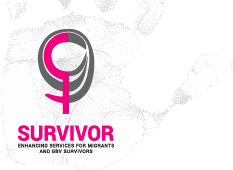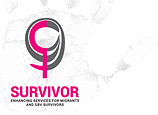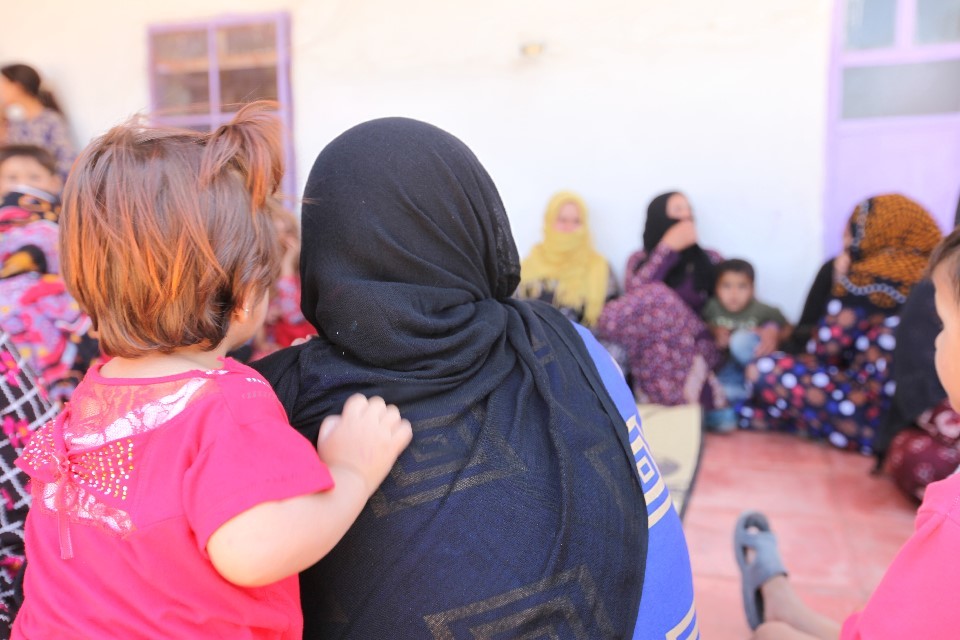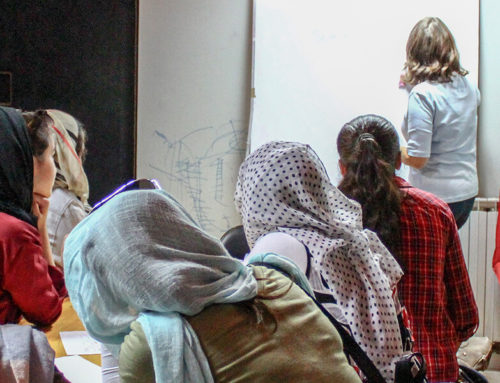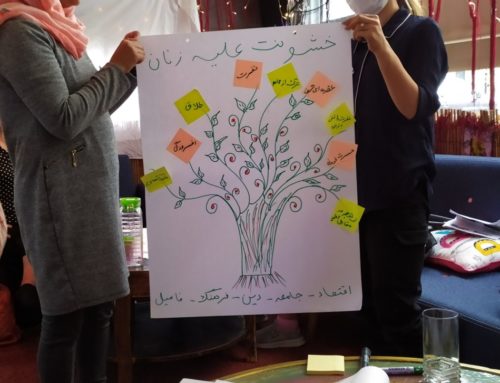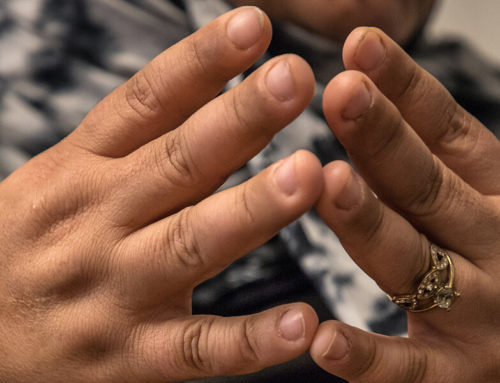“The present report brings together the reflections from both state and non-state stakeholders, but also captures the voices of the community and the beneficiaries themselves. In line with its main purpose, the research pursues the following objectives:
- To better understand the legal, policy, and procedural framework regulating GBV prevention and response services in Greece, the ways in which they pertain to refugee and migrant women, men, boys and girls, as well as identify unattended needs.
- To map the existing GBV prevention and response services for survivors provided by public and (I)NGO actors in Greece across a range of sectors and regions and to capture regional variations, such as in Attica, Central Macedonia (Thessaloníki), Eastern Macedonia and Thrace (Evros), and Northern Aegean (Lesvos island).
- To clarify existing GBV referral pathways and analyze the ways in which they are used in practice by the actors involved, identify strengths and challenges, impediments and omissions.
- To assess the capacity and quality of health, psychosocial, and safety services throughout the procedure of identifying, referring and managing a GBV case.
- To identify good and/or promising practices.
- To assess stakeholders’ understanding of obstacles and barriers to accessing services and positively influence policies and administrative practices through evidence-based policy recommendations”
Download DIOTIMA’s report here Accessibility and Barriers to GBV Services for refugee and migrant girls, boys, women and men in Greece
